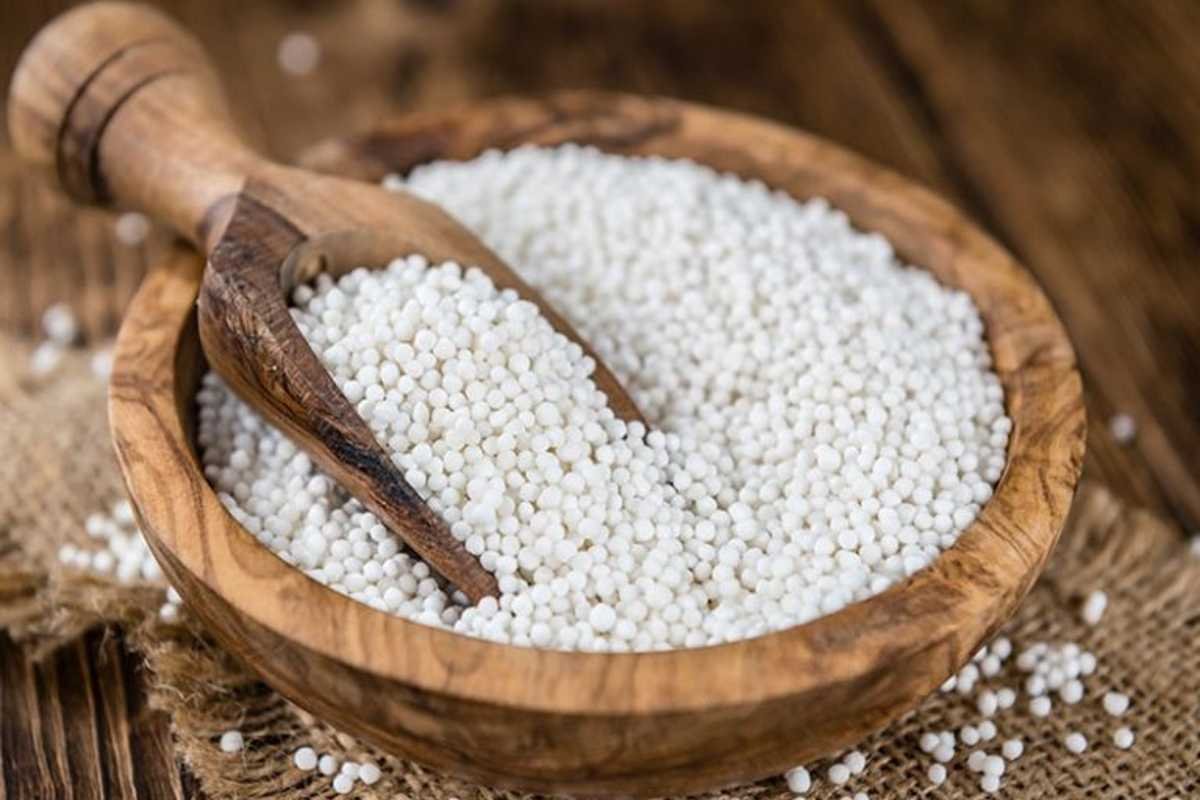10 Health Benefits of Xylitol
Xylitol, a natural sugar alcohol found in fruits and vegetables, is commonly used as a sugar substitute. With fewer calories than sugar and a low glycemic index, xylitol is not just a sweetener—it’s a health booster. Let’s explore 10 remarkable health benefits of xylitol and how incorporating it into your lifestyle can support your overall … Read more










